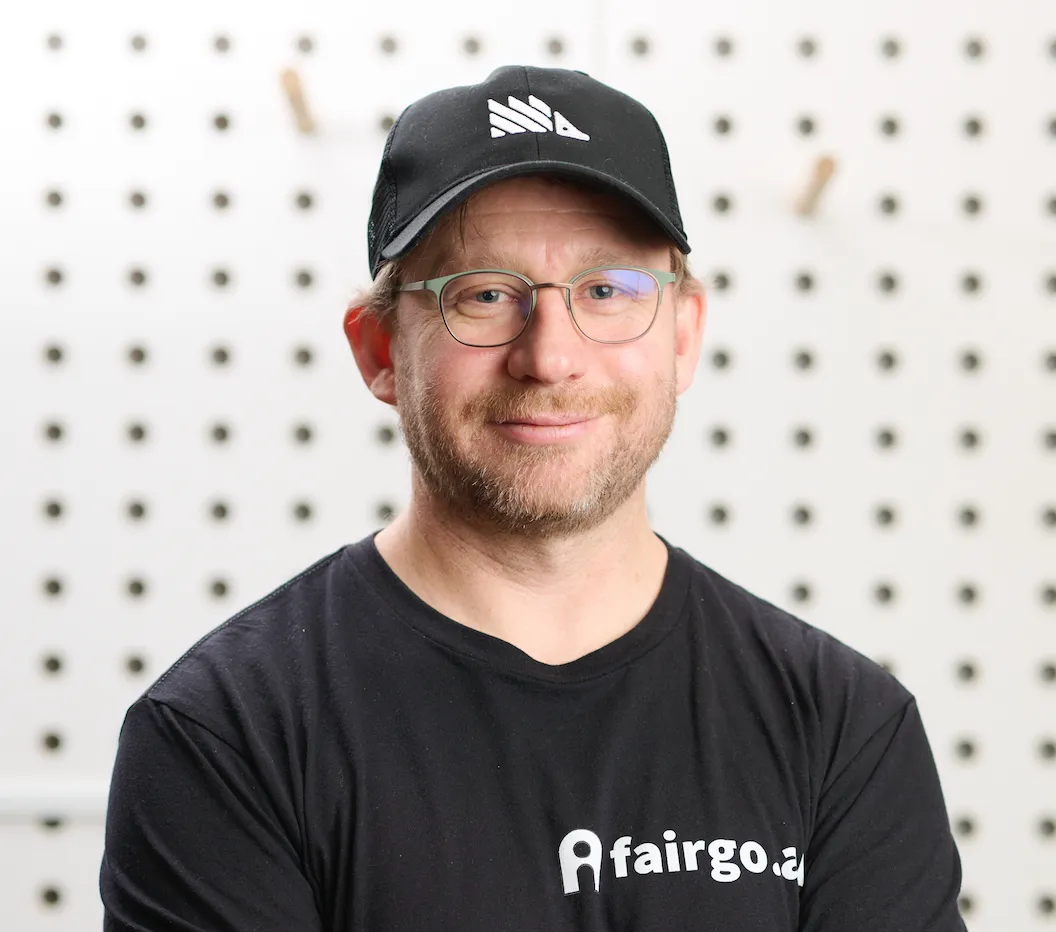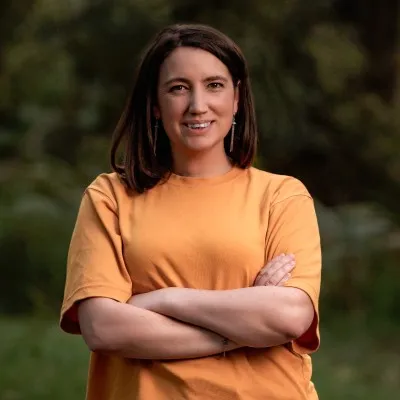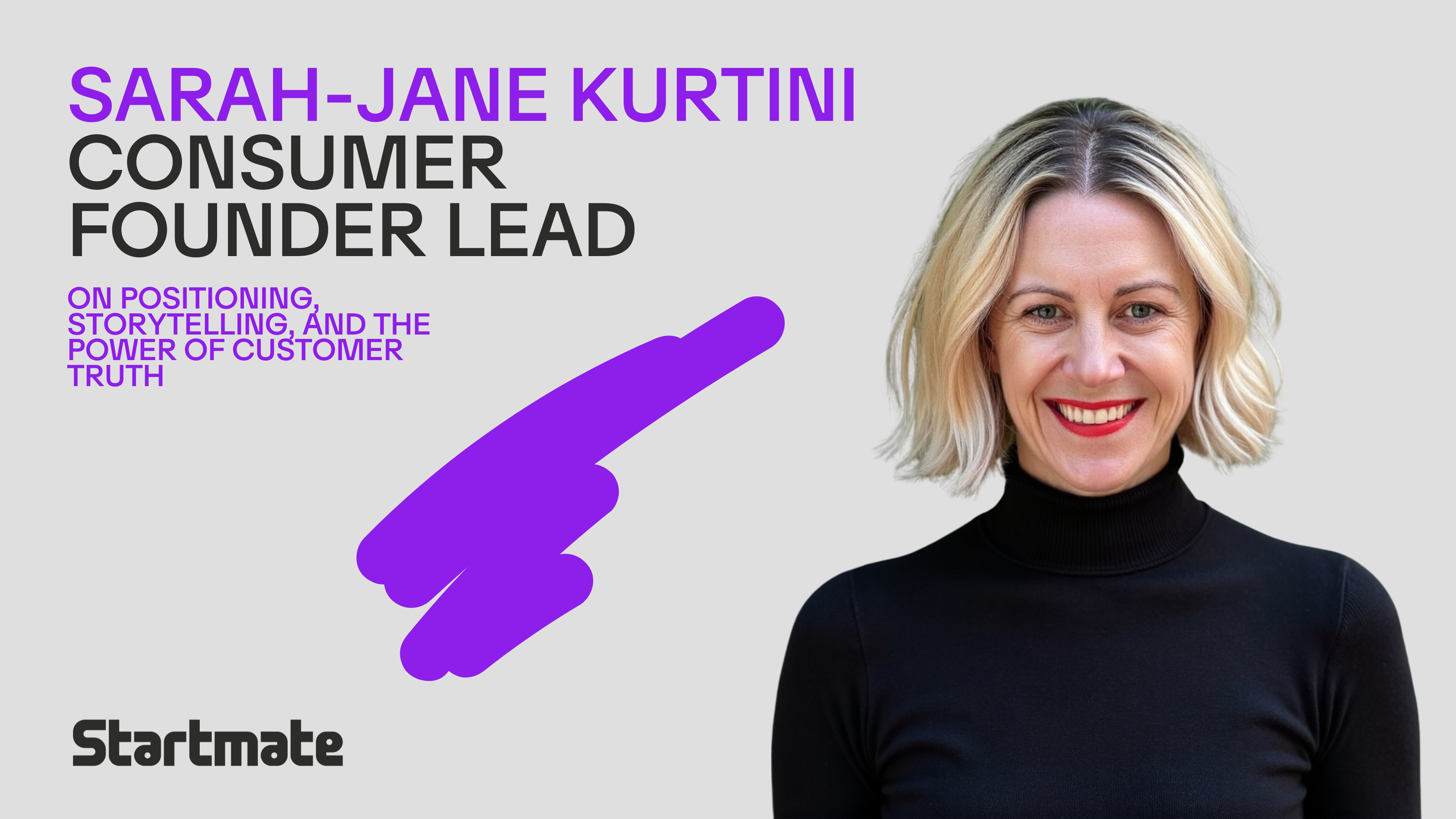Fairgo.ai is an interview platform designed to get the very best people into tech roles, while removing bias from the application process.
And with decades of experience building machine learning models, plus stints at Amazon and Seek under his belt, founder Julian Bright is probably the best placed person to build it.
Fairgo.ai sits at the very beginning of the job application process. Through live interview, the AI asks candidates a series of questions, similar to how a screening chat with a recruiter might work.
It gives applicants an opportunity to showcase their skills and experience, in a way that doesn’t always shine through on paper — and in a way that eliminates unconscious bias.
The tech is intended to close a gap in recruitment that is seeing employers miss out on the best talent, and candidates missing out on the best roles.
“Fairgo.ai helps not only to uncover talent where it may have been missed, it gives candidates the opportunity to get some feedback in terms of why they didn’t get shortlisted, and how they could improve,” Julian explains.
“It helps close the loop.”
Comparing apples to apples
Much of what Fairgo.ai embodies today was inspired by Amazon’s hiring process, he says.
Amazon uses behavioural-style interviews, asking open-ended, situation-based questions (think: “Describe a time when…”)
Those interviews are not recorded, with interviewers manually transcribing notes the entire time.
The idea is that no judgement is passed until those notes have been thoroughly reviewed, to overcome any biased first impressions.
Fairgo.ai essentially does the same thing, but earlier on in the hiring process, and taking humans out of the equation.
“It asks relevant, pointed questions to tease out insights, but it doesn’t make any judgement.”
Even the best hiring managers are inconsistent and fallible; they may get bored of asking the same questions, or ask them in a different way each time.
“You end up comparing apples and oranges,” Julian says.
“Having a process that starts from the same place but is flexible to respond to the candidate’s answer is good practice. The AI won't deviate from that structure.”
“It clicked”
At Amazon, Julian worked as a solutions architect, with a focus on machine learning. But his industry expertise goes much deeper than this.
He spent six years at Seek, implementing a variety of machine learning models for search ranking and recommendations, and learning about the challenges of working with unstructured data in job ads and applications.
More recently, he led the platform engineering team of Silicon Valley startup Predibase (a global team with folks all over the US) while based in Melbourne. Here, he was also responsible for hiring, and experienced many of the challenges he’s now setting out to solve.
“Initially we made the choice to exclude anyone who didn't go to a top school, or who doesn’t have experience at a top tech company.
“Then it clicked for me. There’s this idea that great talent can come from anywhere. But the reality is that it can be super hard to uncover that talent.
“It struck me that there was an opportunity to build a really compelling solution in a space that I know particularly well, to solve a pain point I have experienced, and in a way that I have seen done well,” he says.
He threw together a “quick prototype”, and soon realised he was onto something.
“It sort of blew me away,” he says.
“It was one of most effective use cases for generative AI I'd seen, personally. I realised this was actually going to be useful.”
Creating FOMO
Julian has been building Fargo.ai full-time since April, and has had a private beta out for a couple of months. In September, the startup announced a partnership with application tracking system Ashby.
So far, the number of interviews run on the platform are “in the hundreds”, Julian says.
About 50% of candidates are choosing video screening option, and 90% of those who start a video finish it.
It’s a positive start, but the founder knows he’s got challenges ahead of him.
Employers are concerned candidates might be put off by AI. And one-way video interviews themselves are also often associated with poor experience.
“We’re trying to change that. We’re recreating the experience so people can have a conversation, just like they would with a recruiter. It is very different to the one-way videos where you have to land the perfect message, and candidates often record themselves over and over again, taking up to an hour to complete what should be a 15 minute chat.. It’s a conversation, not a performance.”
Fairgo.ai is designed to be “as human as possible”, he says. “Our live video interviews require the candidate to be present, dedicating time and attention to the task. This small bit of friction ensures that only the best candidates who are really interested make it through.”
This again, makes it something of a hard sell. It’s rare to hear a founder advocating for extra steps, rather than removing them.
To counter all of this, he’s encouraging employers to personalise the experience by creating a video, introducing the role, sharing that they are exploring this technology to help personalise the experience, and encouraging participants to take their time.
“This is the kind of product,” Julian says, “that needs a couple of anchor clients to get the ball rolling.”
“It’s the classic shift from fear of messing up to fear of missing out. We want to create the FOMO.”
Lessons and learnings
Julian is no rookie. He’s built businesses before; he’s an investor himself; and he’s been building machine learning models since before it was cool.
It stands to reason that he would bring some hard-earned insights into his latest venture.
First and foremost, he values simplicity.
“As a software engineer, it’s very easy to get caught up in the latest shiny thing, and you can lose sight of what it is to build effective – sometimes boring – software.
“Too often, I’ve seen systems fall down because there’s so much technical debt, and there hasn’t been any thoughtful design put into them.”
At the same time, there are some things you can’t learn without experience — and the best way to learn is to fail, a lot.
Today, Julian is confident in his abilities as an engineer and an entrepreneur. He knows he’ll face challenges along the way, but he’s almost excited by them.
“Debugging solutions as they scale and break is one of the real pleasures of writing good software,” he says.
“You end up with an intuition of how things fail and how to fix them. It actually becomes a fun part of the job.”
Experience can also colour your perception of what ‘success’ means.
Julian’s main goal with Fairgo.ai isn’t to build the next unicorn. His vision is to change the way businesses think about hiring.
“The ultimate vision of success for me is a more efficient, fair and equitable hiring process that everyone loves — candidates love it, hirers love it, and it genuinely increases diversity and creates better alignments,” he says.
“It’s about fairness, but it’s also about efficiency and productivity, and the better outcomes that come when we get hiring right.”






%204.webp)
.png)
